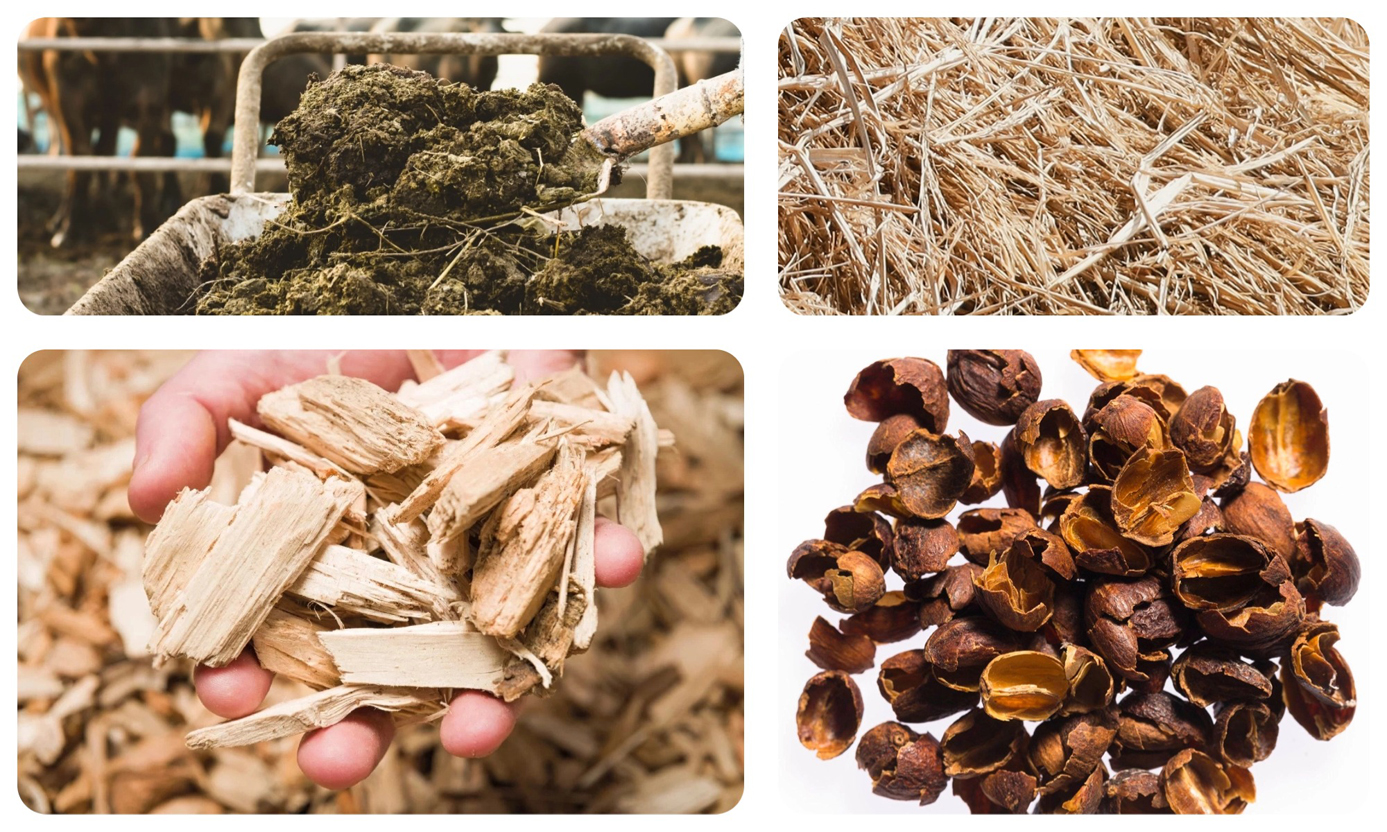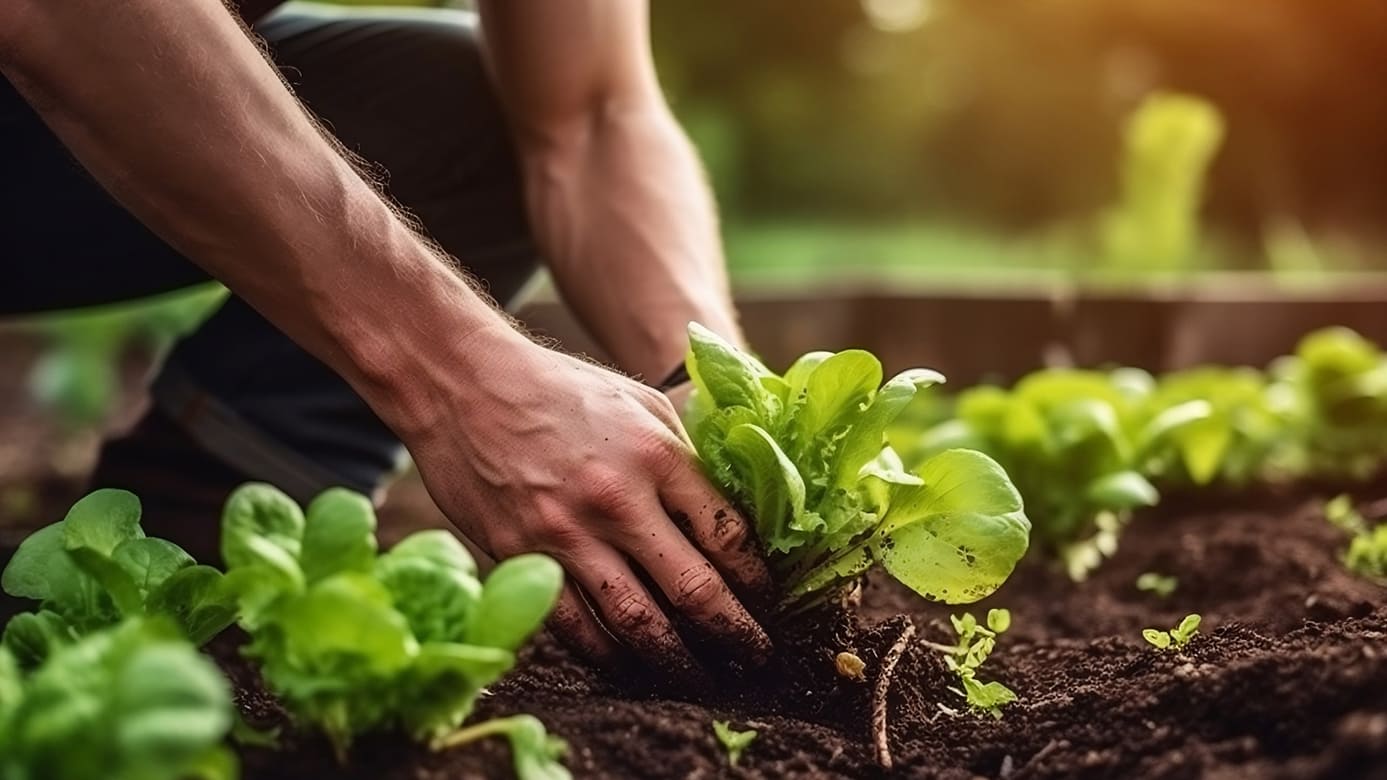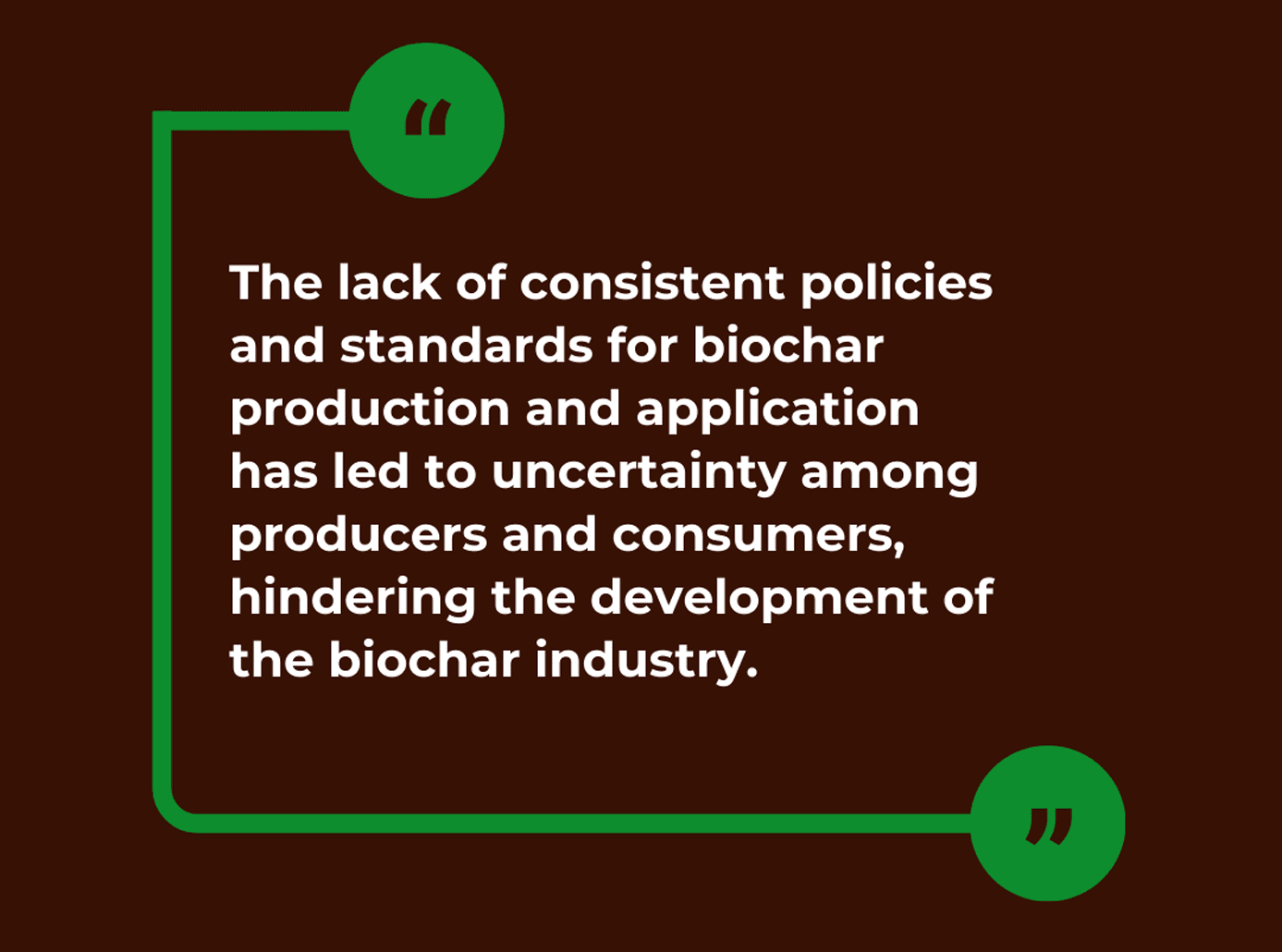Is Biochar Sustainable?
As an efficient negative emission technology, biochar has attracted much attention in recent years. However, with the growing voice of sustainable development, people have begun to question whether biochar production is truly sustainable. Compared with traditional fossil energy, from the source of raw materials to biochar production, and then to the final application of biochar, there are signs that biochar is sustainable.
In addition to waste biomass, pyrolysis can also use sustainably sourced biomass, either from dedicated energy crops such as miscanthus or switchgrass, or from responsibly managed forest residues. By choosing sustainably grown and harvested biomass, a sustainable and continuous supply of feedstock is provided for the biochar production.


In addition, efficient Biochar Production Equipment is often expensive and has high initial investment costs. Especially for small businesses or farmers, the high equipment investment of biochar production equipment may exceed their economic affordability, which seriously hinders the promotion of biochar.

Although biochar has a variety of applications in theory, it needs to be further processed according to different purposes in actual applications. Take biochar as a soil additive as an example. The effect of biochar is often affected by multiple factors such as soil type, crop type and climatic conditions, resulting in inconsistent application effects in different regions. In actual applications, the lack of clear technical guidance and standards has limited its large-scale promotion in agriculture, environmental governance and other fields.
Biochar has great potential in promoting sustainable development. As a pyrolysis equipment manufacturer with 30 years of experience, HaiQi is willing to contribute to the healthy development of the biochar industry. From optimizing the performance of Biomass Pyrolysis Equipment, promoting pyrolysis technology to supporting the establishment of biochar industry standards, HaiQi will always be an active practitioner. We look forward to more people understanding the value of biochar, not only in environmental protection, but also in agricultural efficiency and resource recycling. Let us work together to promote the widespread use of biochar and work together to build a sustainable future.
Waste Biomass Utilization&Renewable Biomass
Unlike limited fossil fuels, biomass is renewable and can be obtained from a variety of organic waste, such as agricultural residues, forestry by-products, animal manure, etc. In traditional models, these wastes usually end up being naturally composted, landfilled or incinerated. Organic matter produces methane and CO2 during the natural decomposition process. Composting and landfilling will occupy valuable land resources, while incineration will cause serious air pollution. Converting them into biochar, bio-oil and syngas through pyrolysis process can reduce methane emissions and minimize the possibility of incineration.In addition to waste biomass, pyrolysis can also use sustainably sourced biomass, either from dedicated energy crops such as miscanthus or switchgrass, or from responsibly managed forest residues. By choosing sustainably grown and harvested biomass, a sustainable and continuous supply of feedstock is provided for the biochar production.

Sustainable Biochar Production
The production process of biochar is itself a significant example of sustainability. The pyrolysis process involves heating the biomass to high temperatures (between 550-700°C) in the absence of oxygen. This results in three main products: biochar, bio-oil and syngas. The syngas produced during the biomass production process can be captured and used as a renewable fuel to provide energy for the pyrolysis process itself, making the Biomass Pyrolysis Plant self-sustaining. This "closed loop" use of energy minimizes energy consumption. This energy use is also reflected in the use of waste heat from the pyrolysis process. Through a dedicated heat exchange unit, this waste heat can provide heat for hot water boilers and, of course, for dryers.Sustainable Applications of Biochar
Biochar for Soil Conditioning&Carbon Sequestration
Biochar is a very valuable substance. Biochar has a wide range of applications, most notably in agriculture and soil management. When applied to soil, biochar improves soil health by enhancing water retention, nutrient utilization, and microbial activity. It also increases soil carbon content, which can increase agricultural productivity and yields.In addition, biochar is a stable form of carbon that can sequester carbon in the soil for thousands of years, preventing CO2 from being released back into the atmosphere. Based on this application, more and more people are beginning to consider biochar production in order to apply for carbon credits.

Barriers to the Development of Biochar
The High Cost of Biochar Production
The production of biochar depends on high-quality raw materials, such as crop residues, forestry by-products, etc. High-quality raw materials are usually more expensive and may be difficult to obtain in some areas, resulting in higher production costs. Moreover, biomass raw materials cannot be used directly. The current pyrolysis processes on the market have strict requirements on the moisture content and size of the raw materials. Therefore, the pretreatment of the raw materials (crushing, drying, etc.) also increases time and cost.In addition, efficient Biochar Production Equipment is often expensive and has high initial investment costs. Especially for small businesses or farmers, the high equipment investment of biochar production equipment may exceed their economic affordability, which seriously hinders the promotion of biochar.
Uneven Biochar Quality Weakens Confidence.
Due to differences in biochar production equipment, the physical and chemical properties of biochar also fluctuate greatly. This fluctuation may affect its effect in actual application, and consumers will lose confidence in biochar and choose more mature industry products instead. Moreover, some backward pyrolysis equipment is of poor quality and low efficiency, which not only cannot produce high-quality biochar, but also poses safety hazards. This further affects the market acceptance of biochar production.Confusion by Inconsistent Biochar Policies
At present, except for Europe, other regions in the world have not yet established unified and clear biochar certification standards. In Germany and Switzerland, only biochar that meets the EBC (European Biochar Certificate) certification can be used in agriculture and environmental remediation. The production and use standards of biochar in various states in the United States are different. The standards provided by the International Biochar Initiative are currently more accepted, but this is a voluntary certification and is not mandatory. The development of biochar in China is just in its infancy, mainly based on industry self-discipline.
Concern about Biochar Processing
Although biochar has a variety of applications in theory, it needs to be further processed according to different purposes in actual applications. Take biochar as a soil additive as an example. The effect of biochar is often affected by multiple factors such as soil type, crop type and climatic conditions, resulting in inconsistent application effects in different regions. In actual applications, the lack of clear technical guidance and standards has limited its large-scale promotion in agriculture, environmental governance and other fields.Limited Public Awareness of Biochar
At this stage, most of the research on biochar occurs in academic research and limited specific industries. The public generally lacks awareness of biochar, and many people fail to understand its long-term environmental and economic value. In addition, due to the lack of technical guidance on biochar application, the end-users of biochar are also less receptive to it.Biochar has great potential in promoting sustainable development. As a pyrolysis equipment manufacturer with 30 years of experience, HaiQi is willing to contribute to the healthy development of the biochar industry. From optimizing the performance of Biomass Pyrolysis Equipment, promoting pyrolysis technology to supporting the establishment of biochar industry standards, HaiQi will always be an active practitioner. We look forward to more people understanding the value of biochar, not only in environmental protection, but also in agricultural efficiency and resource recycling. Let us work together to promote the widespread use of biochar and work together to build a sustainable future.
RELATED Blog





